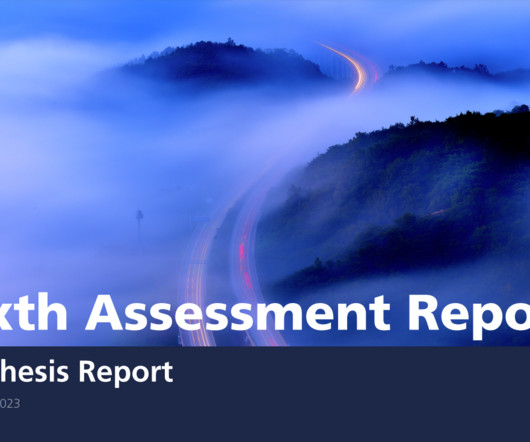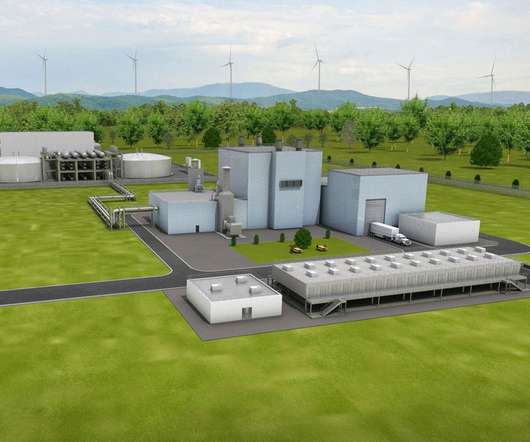The Latest IPCC Report & What It Means for Massachusetts & Rhode Island
Green Energy Consumers
MARCH 25, 2023
On Monday, the Intergovernmental Panel on Climate Change (IPCC) released it s most recent report , which states in no uncertain terms that we need to increase the pace of greenhouse gas emissions reductions. To avoid the worst effects of climate change, the IP CC report said we must reduce carbon emissions by two thirds by 2035.















Let's personalize your content